The IBPS RRB exam 2025 is one of the best opportunities for aspirants aiming to join the Regional Rural Banks (RRBs) as Officers (Scale I, II, III) and Office Assistants. With lakhs of aspirants sitting for this exam, it is essential to follow a specific preparation strategy to stay ahead of the curve. In this article, we’ll share IBPS RRB Preparation Strategy 2025 to help you design a plan that works for you and helps you get that final selection on your first attempt.
IBPS RRB Preparation Strategy 2025
IBPS has released the IBPS RRB 2025 notification PDF on 31st August 2025 at www.ibps.in to recruit eligible banking aspirants for a total of 13301 vacancies for Office Assistants (Clerk) and Officers Scale-I, II & III posts in different Regional Rural Banks (RRBs) nationwide. It is of utmost importance, as a banking aspirant, to clearly understand the exam pattern, eligibility criteria, exam syllabus, and the structure. Refer to the table below for all the latest updates and key highlights for your IBPS RRB preparation strategy:
| IBPS RRB 2025 Exam Highlights | |
| Organisation | Institute of Banking Personnel Selection (IBPS) |
| Post Name | Clerk, Officer Scale -1, 2 & 3 |
| Exam Name | IBPS RRB 2025 |
| Vacancy | 13301 |
| Registration Dates | 1 to 28 September 2025 |
| Participating Banks | 28 |
| Exam Mode | Online |
| Recruitment Process | Officer Scale 1: Prelims, Mains, Interview Office Assistant: Prelims and Mains Officer Scale 2 & 3: Single Exam, Interview |
| Salary | Varies for different posts |
| Official website | www.ibps.in |
IBPS RRB Admit Card 2025- Click to Check
IBPS RRB 2025 Exam Pattern
Before diving into your IBPS RRB preparation strategy, aspirants must clearly understand the exam structure. The IBPS RRB 2025 exam pattern is different for the various posts mentioned in the official notification. For Office Assistants, the selection process is done in two stages: Prelims exam, and a Mains Exam. No interview process will be conducted for selecting candidates for the post of Office Assistant.
| IBPS RRB Clerk Prelims 2025 | ||||
| S. No. | Section | Question | Marks | Duration |
| 1. | Reasoning Ability | 40 | 40 | 25 minutes |
| 2. | Numerical Ability | 40 | 40 | 20 minutes |
| Total | 80 | 80 | 45 minutes | |
| IBPS RRB Clerk Mains 2025 | ||||
| S. No. | Section | Question | Marks | Duration |
| 1 | Reasoning Paper | 40 | 50 | 30 minutes |
| 2 | Computer Knowledge | 40 | 20 | 15 minutes |
| 3 | General Awareness Paper | 40 | 40 | 15 minutes |
| 4 | English/Hindi Language Paper | 40 | 40 | 30 minutes |
| 5 | Numerical Ability Paper | 40 | 50 | 30 minutes |
| Total | 200 | 200 | 120 minutes | |
For IBPS RRB Officer 2025, the exam is conducted in three phases:
- Preliminary Exam
- Mains Exam
- Interview Process
The final selection will be made on the cumulative score obtained by a candidate in both the Mains Exam and the Interview Process.
| IBPS RRB PO Prelims 2025 | ||||
| S. No. | Section | Question | Marks | Duration |
| 1. | Reasoning | 40 | 40 | 25 minutes |
| 2. | Quantitative Aptitude | 40 | 40 | 20 minutes |
| Total | 80 | 80 | 45 minutes | |
| IBPS RRB PO Mains 2025 | ||||
| S. No. | Section | Question | Marks | Duration |
| 1 | Reasoning | 40 | 50 | 30 minutes |
| 2 | Computer Knowledge | 40 | 20 | 15 minutes |
| 3 | General Awareness | 40 | 40 | 15 minutes |
| 4 | English/Hindi Language | 40 | 40 | 30 minutes |
| 5 | Quantitative Aptitude | 40 | 50 | 30 minutes |
| Total | 200 | 200 | 2 hours | |
IBPS RRB Preparation Strategy 2025
It requires a lot of discipline and hard work to crack an exam like IBPS RRB 2025. With the right study plan, you can get the perfect head start at the beginning of your preparation. Cracking the exam on the first attempt is possible with discipline, time management, and a focused study plan.
Creating a Realistic Study Plan
Once you have a clear understanding of the exam pattern and the syllabus, the next step is to create a study plan that works for you. Divide your time according to your subject strengths and weaknesses, prioritising more time for weaker sections, and setting daily and weekly targets. Start with easier sections to build confidence, then move to complex topics. Remember to stick to the timetable, but also revise weekly to strengthen retention.
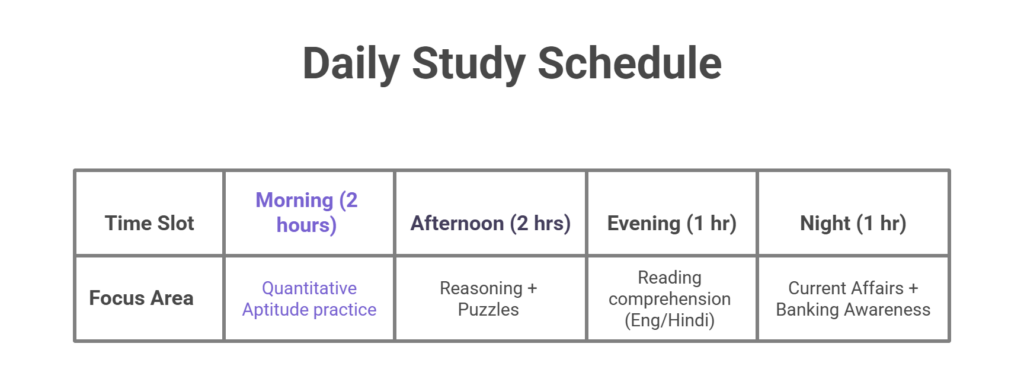
Prioritising Important Topics
Not all sections consume the same amount of time and effort. Smart aspirants know where to push for maximum marks. Focusing on topics with a higher weightage will not only help you score better but also ensure a strong foundation for these topics, which are high-weightage and scoring, based on the previous trend. Keep a topic-wise checklist and tick off once mastered. Refer to the table below for the high-weightage topics covered in your IBPS RRB preparation strategy:
| Section | High-Weightage Topics |
|---|---|
| Quantitative Aptitude | Simplification, Data Interpretation, Arithmetic (SI/CI, Profit-Loss, Percentage) |
| Reasoning | Puzzles, Seating Arrangement, Inequalities, Coding-Decoding |
| General Awareness | Banking Awareness, Current Affairs (last 6 months), Static GK |
| English/Hindi | Reading Comprehension, Cloze Test, Grammar-based Questions |
| Computer Knowledge | MS Office, Internet, Networking, Basic Security |
Strengthen Accuracy and Speed
The IBPS RRB exam demands both speed and accuracy. Many aspirants blunder their scoring chances by focusing on attempts rather than accuracy. The focus should always be on accuracy in your IBPS RRB preparation strategy. Learn quick calculation tricks (Vedic maths for multiplication, approximation methods). This will not only help you solve questions quickly, but will also save your time when solving higher-level data interpretation questions for your Mains exam. Keep in mind the time allocation for each section. Generally, you should spend most of your time solving reasoning, then quants, and the remaining time for reviewing/revising.
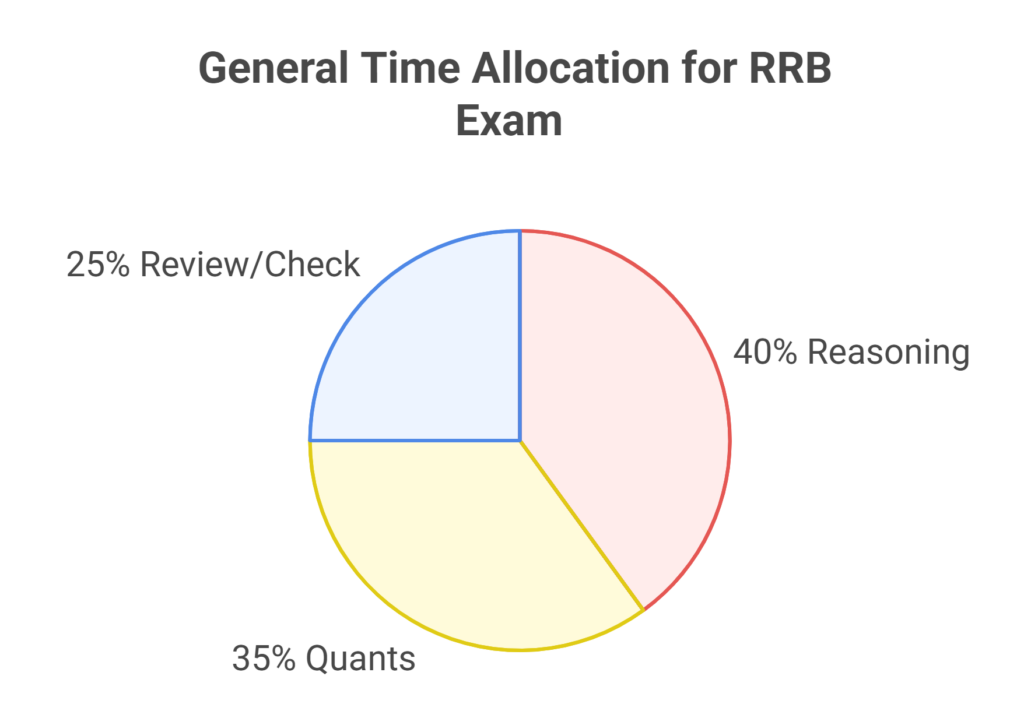
Practice Mock Tests and Previous Year Papers
Mock tests are game changers. Even with perfect theoretical preparation, without practicing in exam-like conditions, you might fall behind. Mock tests will be the backbone of your IBPS RRB preparation strategy. Attempt at least 2-3 mocks weekly in the beginning, then 4-5 as the exam approaches. You need to analyze every mock test thoroughly to identify mistakes and make notes of them. Maintain a record of improvement. Check for gaps, time management issues, or calculation errors. Keep a logbook and update it with every mock you give. It’s important to keep in mind that you should focus on the quality of practice, not just the quantity. 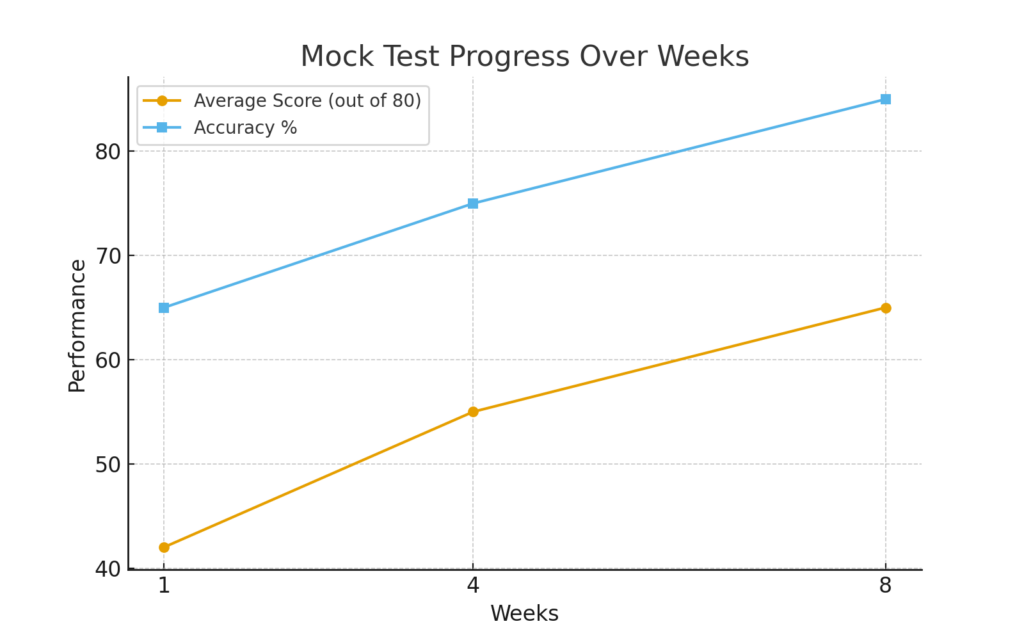

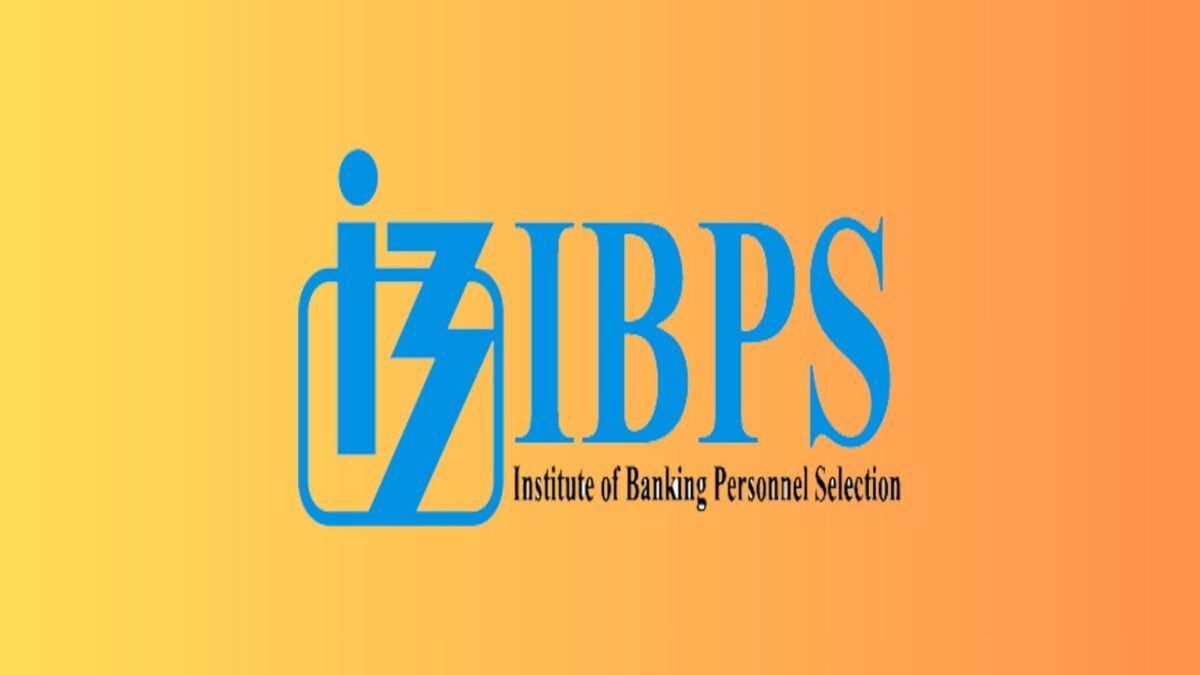

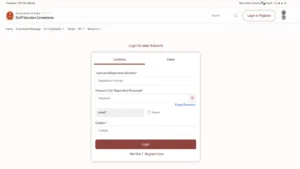 SSC MTS Admit Card 2026 OUT for Re-Exam,...
SSC MTS Admit Card 2026 OUT for Re-Exam,...
 UPSSSC Pharmacist Recruitment 2026 Out f...
UPSSSC Pharmacist Recruitment 2026 Out f...
 Rajasthan Home Guard Physical Test Dates...
Rajasthan Home Guard Physical Test Dates...


 Adda247 Job portal has complete information about all Sarkari Jobs and Naukri Alerts, its latest recruitment notifications, from all state and national level jobs and their updates.
Adda247 Job portal has complete information about all Sarkari Jobs and Naukri Alerts, its latest recruitment notifications, from all state and national level jobs and their updates.




